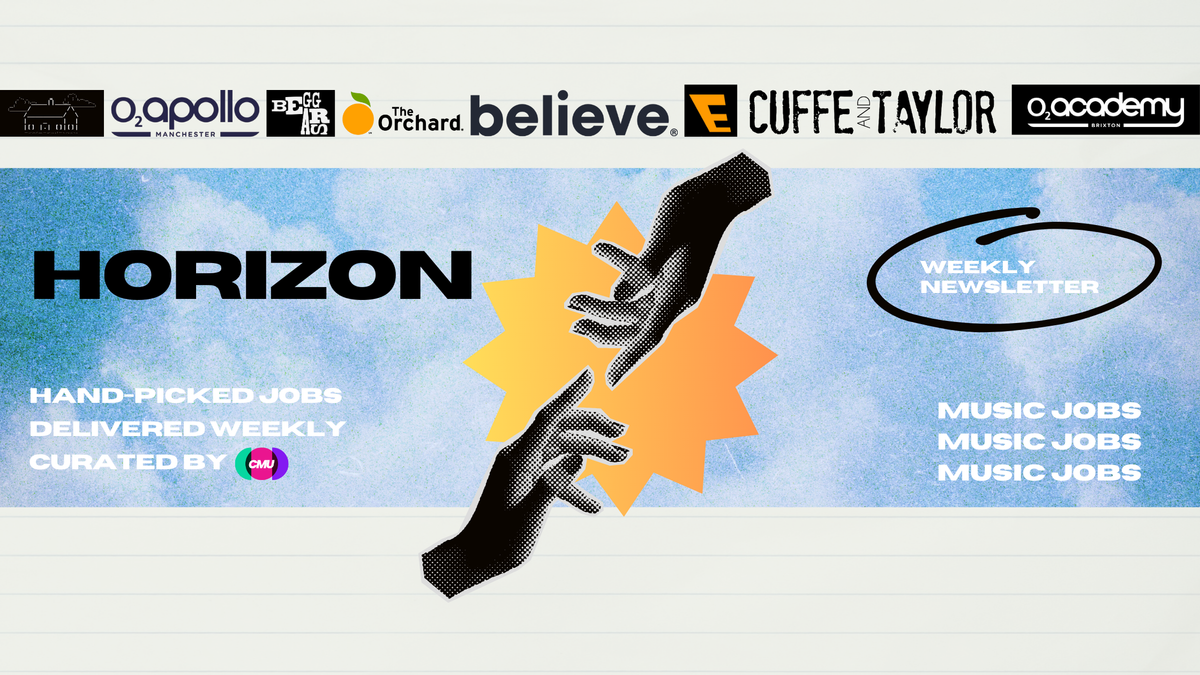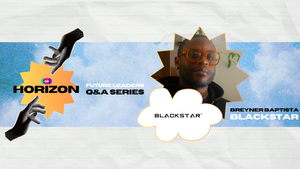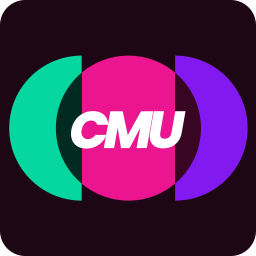As part of our Horizon Future Leaders series of interviews, we are connecting with the music industry’s next generation of leaders to gather candid advice and insights into their career journeys.
Horizon is CMU's weekly newsletter that brings you a hand-picked selection of early to mid stage career opportunities from across the music industry, paired with insights and advice. Whether you're looking for your first job in music or you're ready to take a step up, Horizon is here to help you find your dream job faster. Horizon is focused on highlighting the best and most exciting roles we've seen and is made for people who are building their careers with ambition.
Getting started and progressing your career in the music industry can often feel overwhelming. Despite the wide range of positions and opportunities available, early-career professionals often face a daunting array of challenges. From the frustrating cycle of needing experience to be able to get the roles that help you build experience, to often intense competition from like-minded peers, the barriers in music can sometimes seem higher than in many other fields.
At CMU we spend a lot of time trying to explain and demystify the music business, and our Horizon newsletter is dedicated to helping the next generation of music leaders build and progress their careers. Our new series of Q&A interviews, Horizon Future Leaders, talks to rising professionals from across the industry: to hear firsthand how they started out and what they have learnt along the way, sharing practical tips and advice for anyone looking to build and own their future in the music business.
👉 This week, we caught up with Breyner Baptista, Innovation & Culture Director at Blackstar Agency.
From his beginnings as an A&R scout to his current role as Innovation & Culture Director at Blackstar, Breyner’s journey is marked by a steadfast commitment to fostering talent and driving innovation.
He shares valuable insights on the significance of building relationships as both an artist and an industry professional, emphasising how these connections have enriched his perspective. Additionally, Breyner highlights impactful initiatives and organisations like Small Green Shoots and Youth Music, which can be pivotal in helping newcomers break into the industry.
Read the full Q&A with Breyner below 👇
What’s your current role in the music industry?
Currently I am the Innovation & Culture Director at Blackstar Agency
What does your general day to day look like?
I know it’s cliche to say this, but generally most days look different to me week on week. Usually my day involves a strategic blend of leadership and collaboration, focusing on key areas such as new business development and brand partnerships to foster organisational growth.
I work closely with teams across our various departments to cultivate creativity, provide staffing support and oversee the implementation of initiatives that align with the company’s core values.
A significant part of my role includes leading educational initiatives aimed at helping the professional development of future leaders in the industry. I also manage non linear special projects from a marketing perspective.
What steps did you take early in your career to gain experience and build skills to get you where you are now?
My route into the industry started via making music and then from there just generally networking - aka clubbing - and being at the right place at the right time.
I’ve also been someone who’s eager to continue learning and upskilling myself across editing videos, photos, sound design etc in my own spare time, which lent me to doing this for friends who are artists.
I’ve always also been involved in and kept an eye across subcultures, art, fashion, communities, technology and social media. I believe that even though we work in music, the other passions and hobbies that you have are valuable assets that can provide wider perspectives across a plethora of sectors in the industry.
What opportunities did you explore early on that were particularly valuable?
My first job in music was as an A&R scout, but I also quickly discovered through the development of Facebook and the inception of Instagram and Twitter, that these platforms could be utilised creatively for artists to tell their stories.
I didn’t realise this was digital marketing at the time but I knew I enjoyed coming up with creative ideas to help other artists promote their music and their brand identity.
As well as this, being a music artist/DJ, really helped me build relationships with other artists, labels and managers, which I think has been invaluable, as I have been able to understand differing viewpoints having been on both sides of the fence.
Has the opportunity landscape changed since then?
Definitely! The world is more accessible than it ever was due to social media. There are a lot of job roles that didn’t exist when I started for instance.
With this in mind, however, it results in more people competing for the same jobs. Looking at the recent changes across Universal for example, I believe that there will be a pool of talented people with various experiences applying for the same roles as those who are just starting out, which will make it tougher on the latter.
Are there any specific internships, projects, or initiatives that you would recommend to newcomers looking to pursue a similar role?
I would recommend;
We’ve worked with teams and students across these organisations and what they do to help people get a foot in the door is invaluable. I don’t really remember initiatives like this existing when I was just starting in the industry.
We also run a series of panels called Blackstar Presents with each panel focusing on varying topical subjects across the music industry, which are great insights and networking opportunities.
What advice do you have for building and leveraging a professional network in the music industry?
Be present, be persistent, be accountable, be reliable, be sociable and keep an open mind.
How has the evolving digital landscape impacted your role, and where do you focus to stay ahead?
It’s my number one tool and has allowed for what used to be disparate worlds to be more connected than ever. It means I’m constantly bombarded daily with information from different aspects of entertainment, art, media, technology, initiatives and, out of my own general sense of curiosity, I’m always looking to see how these different components can make sense to Blackstar internally and externally, and across special projects.
What trends or changes do you see on the horizon for the music industry, and how can early career professionals prepare for them?
The music industry is always rapidly evolving with this being informed by digital. I’m intrigued to see how the integration of AI within the industry will develop, as well as the moral conundrums it will continue to present.
The dominance of short-form content on platforms like TikTok will persist, but I anticipate a rise in direct-to-fan engagement through platforms like Patreon, with artists rightfully owning their data.
Web3 technologies, such as NFTs, are still creating new revenue streams, and although these have waned, and also present some implications across the environment, I do believe there will be a moment where these will become integrated more into day to day life.
Additionally, sustainability and social responsibility will become increasingly important for artists and brands, alongside a growing emphasis on mental health and wellness.
Early-career professionals should embrace these changes by learning new digital tools, understanding global markets, and promoting ethical industry practices.
What’s one piece of advice you wish someone had given you at the start of your career?
Take the time to celebrate your victories!



